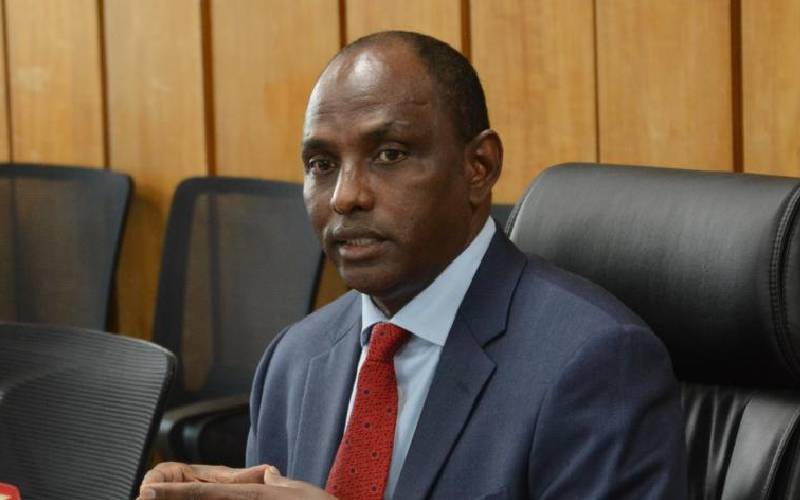×
The Standard e-Paper
Join Thousands Daily

The International Monetary Fund (IMF) is now less optimistic about the rebounding of the Kenyan economy after it revised growth for next year down to 4.7 per cent from an earlier 6.1 per cent.
In its latest World Economic Outlook, the IMF changed the outlook for growth in 2021, citing a rocky recovery period.







